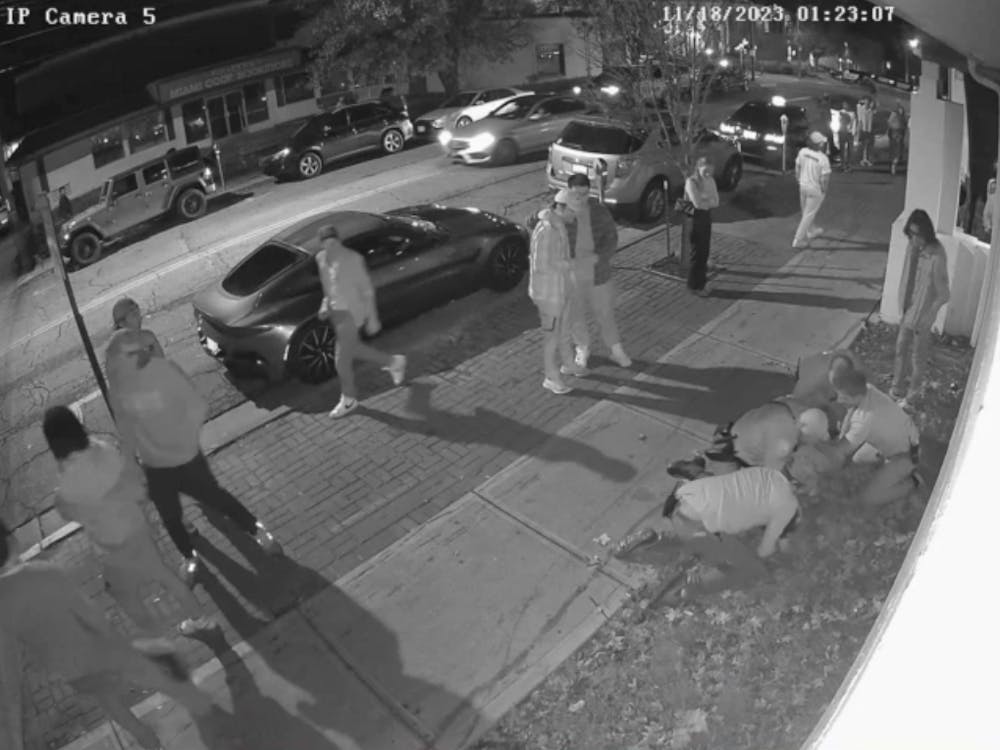The Title IX policy change enacted by Miami University has left students wondering whether the university truly aims to "stand with all Miamians...to make our campus more safe and more secure," as university president Greg Crawford stated in his annual address last week.
"The recent changes have understandably prompted questions about what this will look like for our students at Miami," Gabrielle Dralle, the university's deputy Title IX coordinator for students, said. "I am here to help students involved in our Title IX process so they need not navigate the process alone."
Dralle said her office is committed to prioritizing the safety of students and their right to an equal education.
Miami University quickly complied with the Sixth Circuit federal court ruling, and may have been the first school affected to do so. No other university affected by the decision has publicly stated that their policy has changed.
The ruling is in line with the Trump administration and U.S. Secretary of Education Betsy DeVos' priorities in giving more rights to the accused in sexual assault cases.
The University of Michigan has appealed the ruling, saying the ruling could discourage survivors from reporting their assaults and that it would negatively impact low-income students.
Claire Wagner, director of Miami's university news and communications office, said the impact on low-income students is no different than the impact under the university's previous policy.
Students who cannot afford legal representation are at a disadvantage under both policies, but arguably more so under the new policy, by which the representative has the ability to cross-examine the other party in the case and therefore has more of a presence in the hearing.
Wagner explained that the university's previous policy allowed the accused and the accuser in these cases to avoid emotional confrontation in a hearing room by being present through web conferencing. The previous policy also allowed the accused and accuser to question one another through the hearing panel, rather than personally or through their representative.
Under the new policy, Wagner claimed students could only cross-examine each other personally, and not through their representatives. But that is not the case according to the ruling, which states, "If a public university has to choose between competing narratives to resolve a case, the university must give the accused student or his agent an opportunity to cross-examine the accuser and adverse witnesses in the presence of a neutral fact-finder."
Wagner admitted the Office of Community Standards, formerly known as The Office of Ethics and Student Conflict Resolution (OESCR), would be better equipped to comment on the policy change, but at press time, Office of Community Standards director Ann James could not be reached for comment.
The Miami Student reached out to the university Title IX coordinator Kenya Ash's office, but was redirected to Wagner's office.



